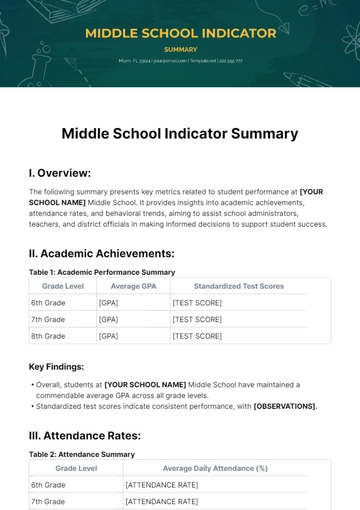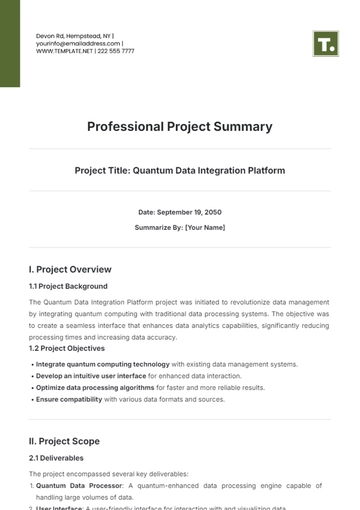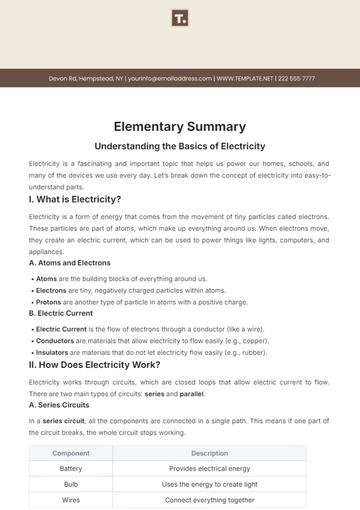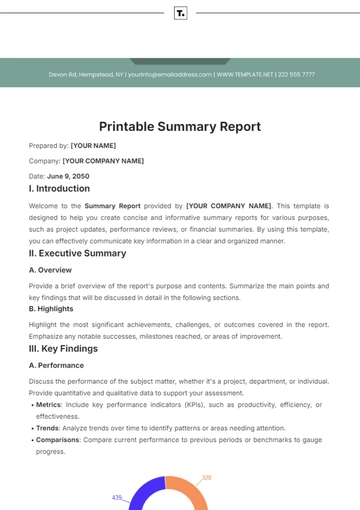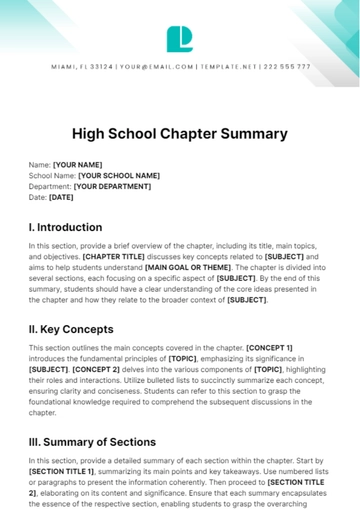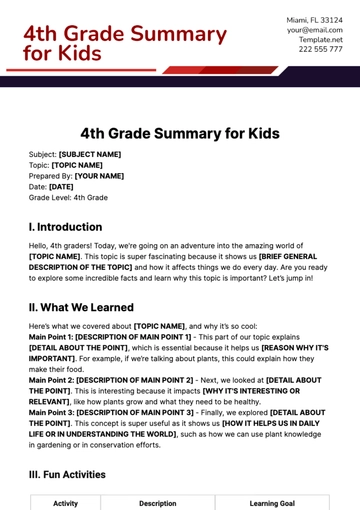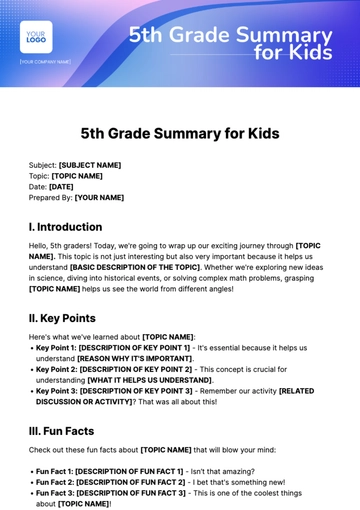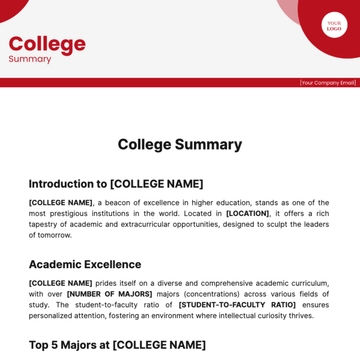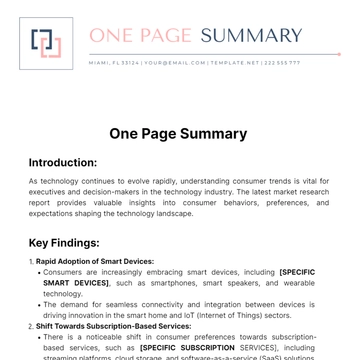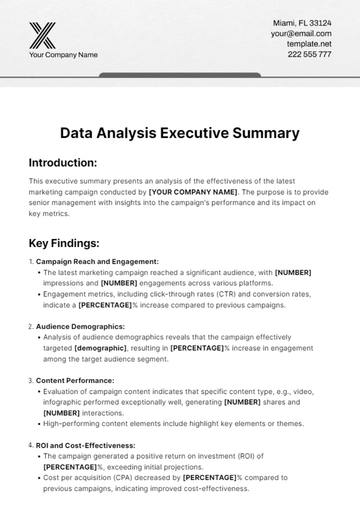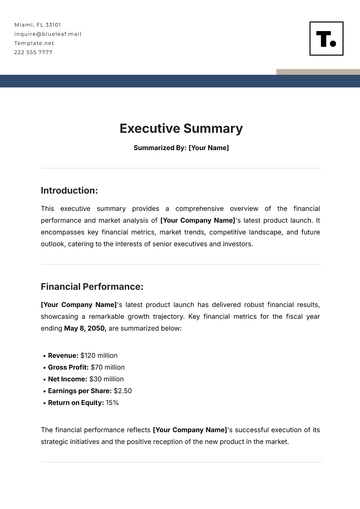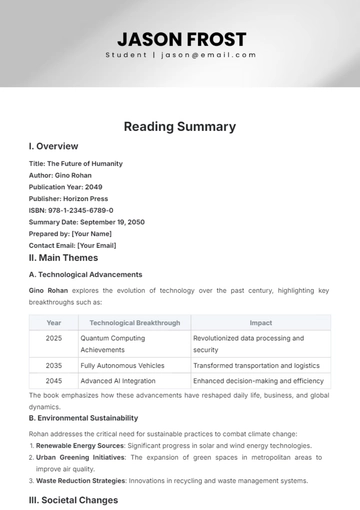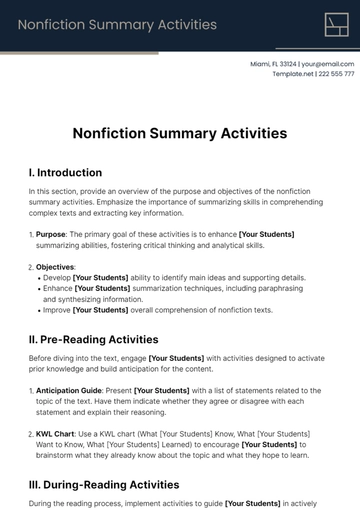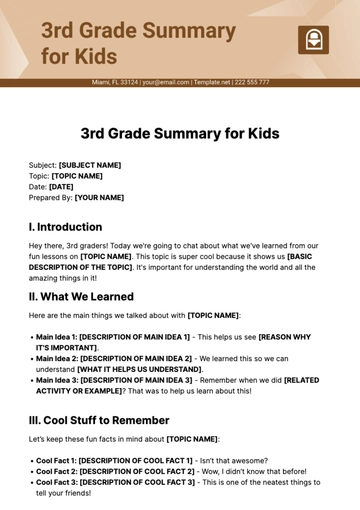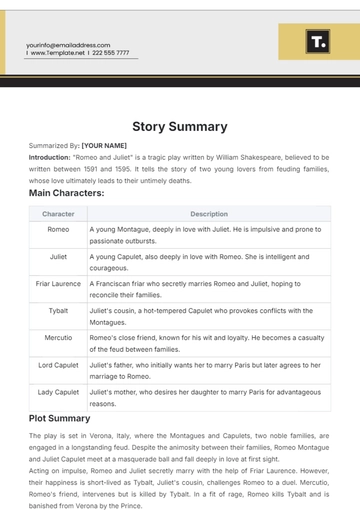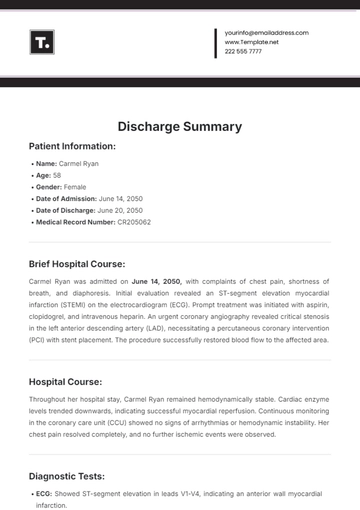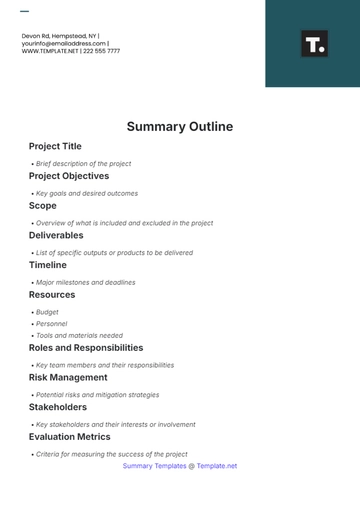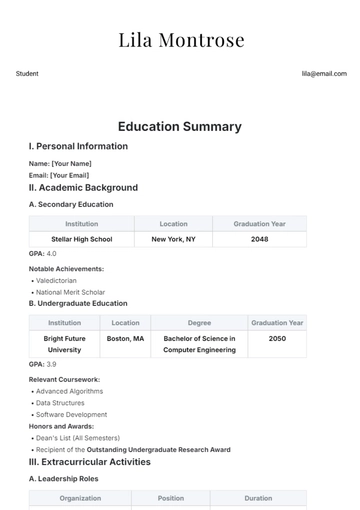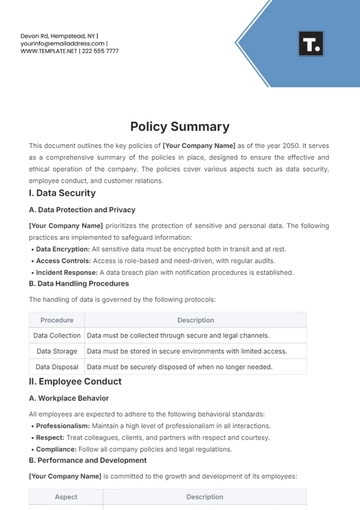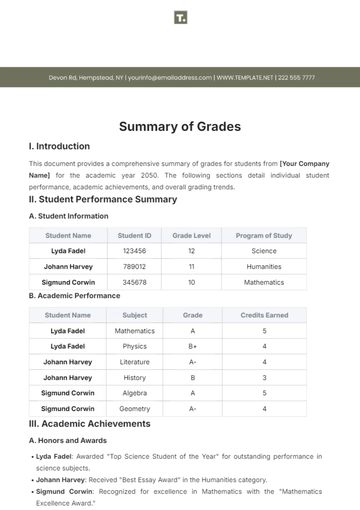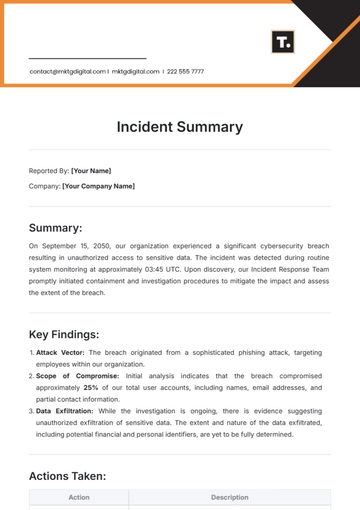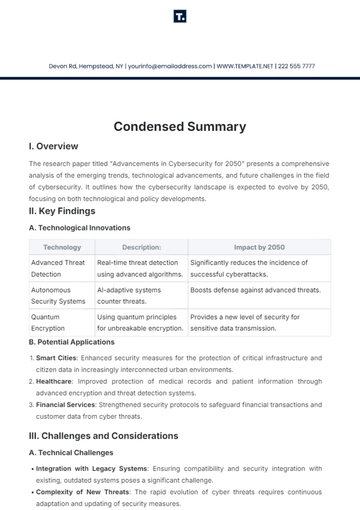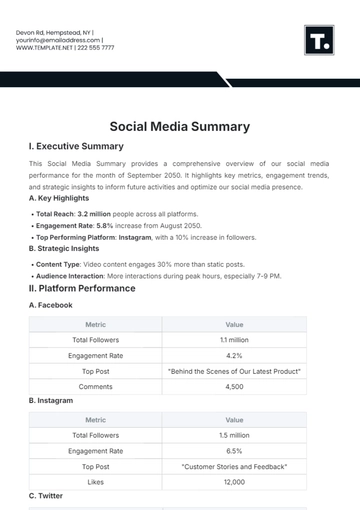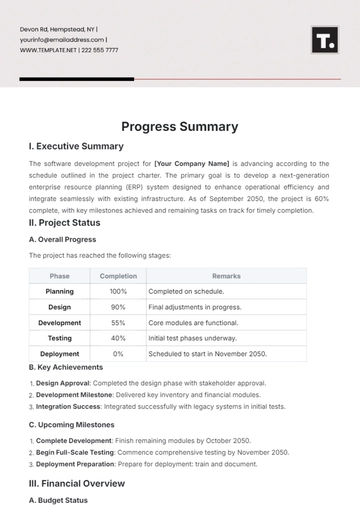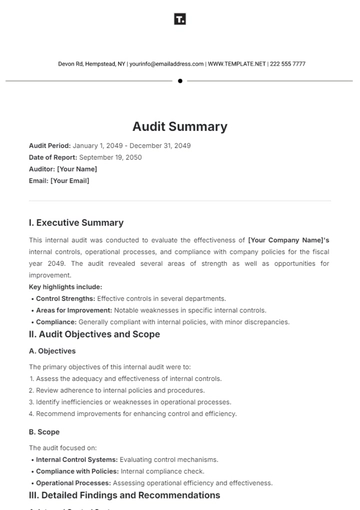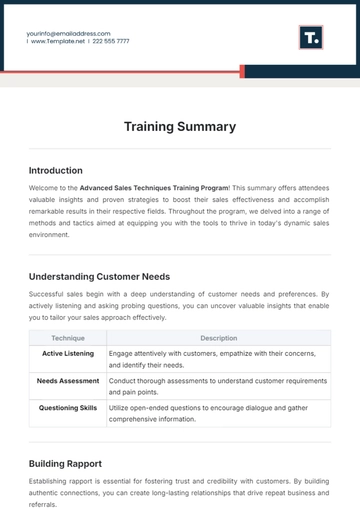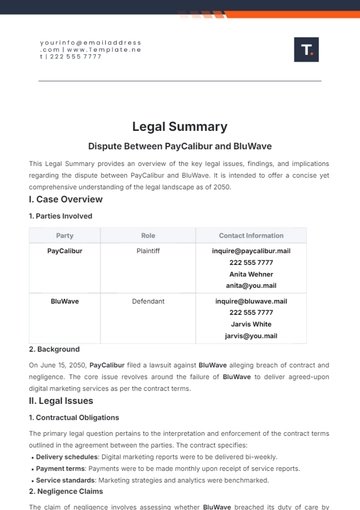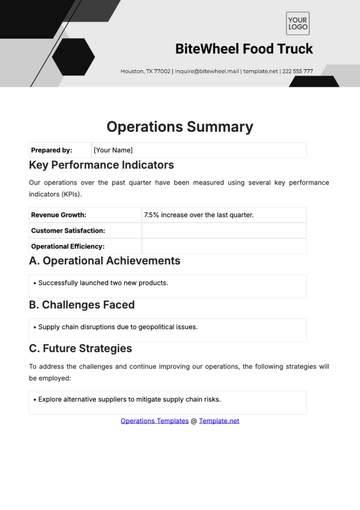Free Three Sentence Summary
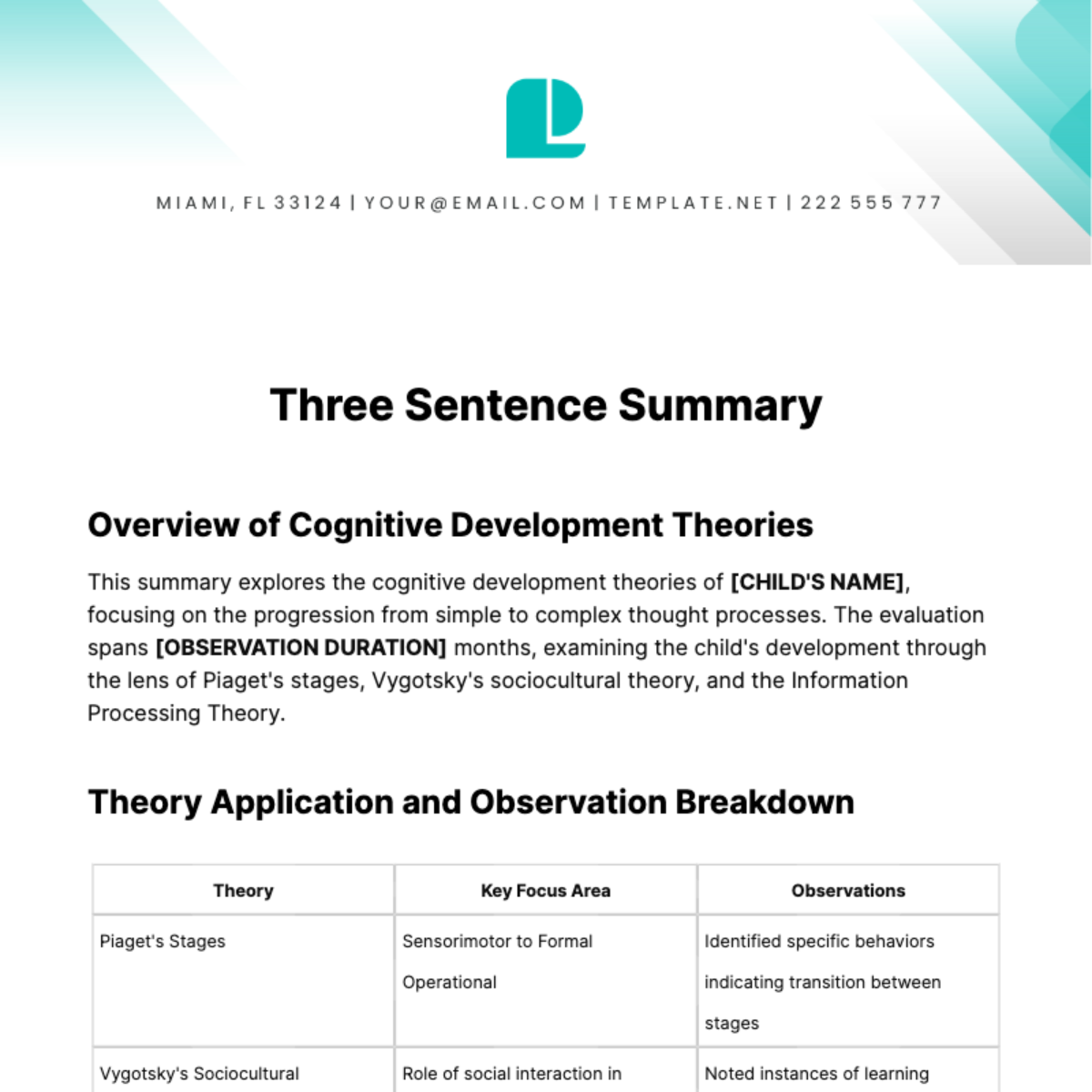
Overview of Cognitive Development Theories
This summary explores the cognitive development theories of [CHILD'S NAME], focusing on the progression from simple to complex thought processes. The evaluation spans [OBSERVATION DURATION] months, examining the child's development through the lens of Piaget's stages, Vygotsky's sociocultural theory, and the Information Processing Theory.
Theory Application and Observation Breakdown
Theory | Key Focus Area | Observations |
Piaget's Stages | Sensorimotor to Formal Operational | Identified specific behaviors indicating transition between stages |
Vygotsky's Sociocultural | Role of social interaction in learning | Noted instances of learning through interaction with peers and adults |
Information Processing | Cognitive processing mechanisms | Observed improvements in memory, attention, and problem-solving skills |
Progress and Outcomes
Throughout the observation period, [CHILD'S NAME] demonstrated significant developmental milestones consistent with cognitive development theories. Key achievements include:
Piagetian Stages: Transitioned from [SPECIFIC STAGE] to [SPECIFIC STAGE], showing enhanced problem-solving and abstract thinking.
Vygotsky's Theory: Increased engagement in collaborative learning, utilizing social contexts to acquire new knowledge.
Information Processing: Improved memory retention and faster cognitive processing, indicating maturation of cognitive mechanisms.
Educator/Parent Feedback
Feedback from educators and parents of [CHILD'S NAME] indicates [POSITIVE/NEGATIVE] changes in cognitive abilities and learning behaviors. Specific remarks highlight an increased capacity for complex thought and greater independence in learning tasks.
Evaluator's Observations
Throughout the evaluation, [CHILD'S NAME] has shown a keen ability to adapt to and incorporate new cognitive strategies. Engagement with varied learning environments and responsiveness to social and solitary educational activities were pivotal in their cognitive development.
Recommendations for Continued Development
Engagement in Varied Learning Activities: Encourage participation in both structured and exploratory learning to support cognitive growth.
Social Learning Opportunities: Foster environments that promote learning through social interaction to enhance sociocultural cognitive development.
Cognitive Skill Exercises: Implement activities that challenge memory, attention, and problem-solving skills to support information processing development.
Conclusion
[CHILD'S NAME]'s development, observed through the application of cognitive development theories, reveals substantial growth in cognitive abilities, underscoring the importance of varied educational approaches. Ongoing support and tailored learning experiences are recommended to sustain and further cognitive development.
Summarized By: [YOUR NAME]
- 100% Customizable, free editor
- Access 1 Million+ Templates, photo’s & graphics
- Download or share as a template
- Click and replace photos, graphics, text, backgrounds
- Resize, crop, AI write & more
- Access advanced editor
Introducing the Three Sentence Summary Template by Template.net: an editable and customizable solution crafted for efficiency. Tailor summaries effortlessly with our Ai Editor Tool, ensuring precision and professionalism in every document. Elevate your summarization game with this versatile tool, exclusively designed for seamless editing experiences.
